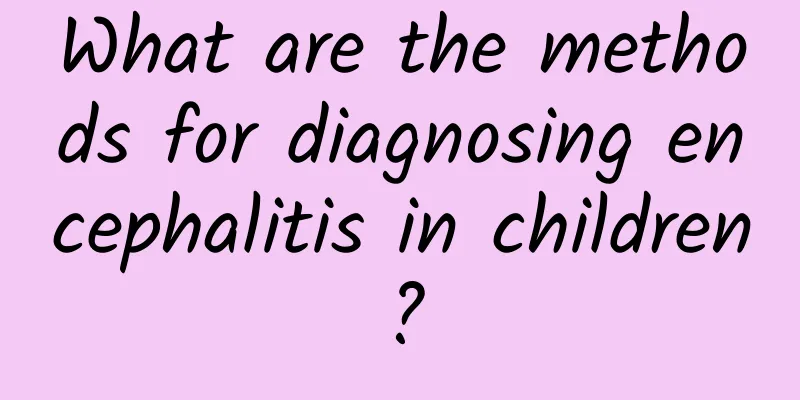These four methods can be used to treat the sequelae of facial paralysis

|
As the incidence of facial paralysis in the population increases year by year, people now have a variety of choices in dealing with facial paralysis and its sequelae. So, what methods can be used to treat the sequelae of facial paralysis? 1. Medication Generally, drugs such as nerve nutrition (B vitamins) are used for treatment to improve local blood circulation, reduce facial nerve edema, and promote functional recovery. 2. Traditional Chinese Medicine Treatment For patients, try not to use electroacupuncture, electric massage, or other treatment methods that are too heavy or too frequent. While using acupuncture treatment, Chinese medicine fumigation and nerve nourishing drugs can be used to help nerve recovery. Use disposable sterile silver needles, one needle to penetrate multiple acupoints, follow the meridians and select acupoints from a distance. Different acupoint locations and acupuncture techniques are used in different stages. It fully embodies the principle of TCM's syndrome differentiation and treatment. In the early stage of the disease, the pathogens are superficial, so the acupoints should be few and shallow, and the manipulation should be gentle. During the recovery period, the number of acupuncture points should be appropriately increased, and the method of equal tonification and equal purgation should be used. Usually, the treatment focuses on the Yangming meridian acupoints, Shaoyang meridian acupoints and Queyin meridian acupoints. These three meridians run through the face. Acupuncture is not only very effective for peripheral facial paralysis, but also has a good therapeutic effect on central facial paralysis caused by cerebrovascular disease. Acupuncture is the quickest and most effective treatment for facial paralysis. Facial paralysis is one of the diseases that can be treated with acupuncture. Acupuncture can regulate and improve the qi and blood meridians of the face, promote blood circulation, make the local meridians full and smooth, nourish the meridians, and heal facial paralysis. 3. Botulinum toxin type A injection When the sequelae of facial paralysis manifests as facial muscle spasm, botulinum toxin type A can be injected at the spasm site. The injection should be performed under the guidance of electromyography as much as possible. Most patients can achieve satisfactory results, but some patients will relapse 3 to 6 months after the injection of botulinum toxin type A. Re-injection is still effective. 4. Surgery Plastic surgery can be used to treat patients with sequelae of facial paralysis who are unresponsive to conservative treatment. The latest method currently used at home and abroad is small muscle free transplantation, which has the advantages of no facial swelling deformity and secondary donor site disorders, little damage, less pain for patients, short course of disease, short-term static effect, and long-term dynamic effect. |
>>: Late-stage facial paralysis sequelae, this treatment is effective
Recommend
Will less sleep make you fat?
As people pay more attention to health and wellne...
What does breast echogenicity mean?
Echo is a form of result presentation using ultra...
How to treat impotence
In medicine, we often use the English term ED ins...
What to do if the fetus is in an abnormal position?
In order to ensure the healthy development of the...
What diseases can blood tests detect?
When we go to the hospital for a physical examina...
How to treat cerebral atrophy and cerebral infarction
Brain atrophy can affect the patient's intell...
What kind of tea can nourish the stomach, spleen and kidney
If you want to strengthen the spleen and kidney, ...
How to treat lower eyelid spasm
Lower eyelid spasm is also a relatively common sy...
Can I eat oranges when I have a cold?
Cold is a very common disease. This kind of disea...
How to reduce edema caused by heart failure
Heart failure often leads to edema. At this time,...
What is peripheral nerve injury?
What is peripheral nerve damage? Many friends wil...
What is eye astigmatism?
Myopia is a very common eye disease. It should be...
What to do if the blood circulation is poor and the pain spreads all over the body
Poor blood circulation and poor Qi and blood flow...
How to treat seasonal dermatitis
Seasonal dermatitis is a skin disease that change...
Can pregnant women sleep on a cool mat?
We all know that the body of a pregnant woman is ...









